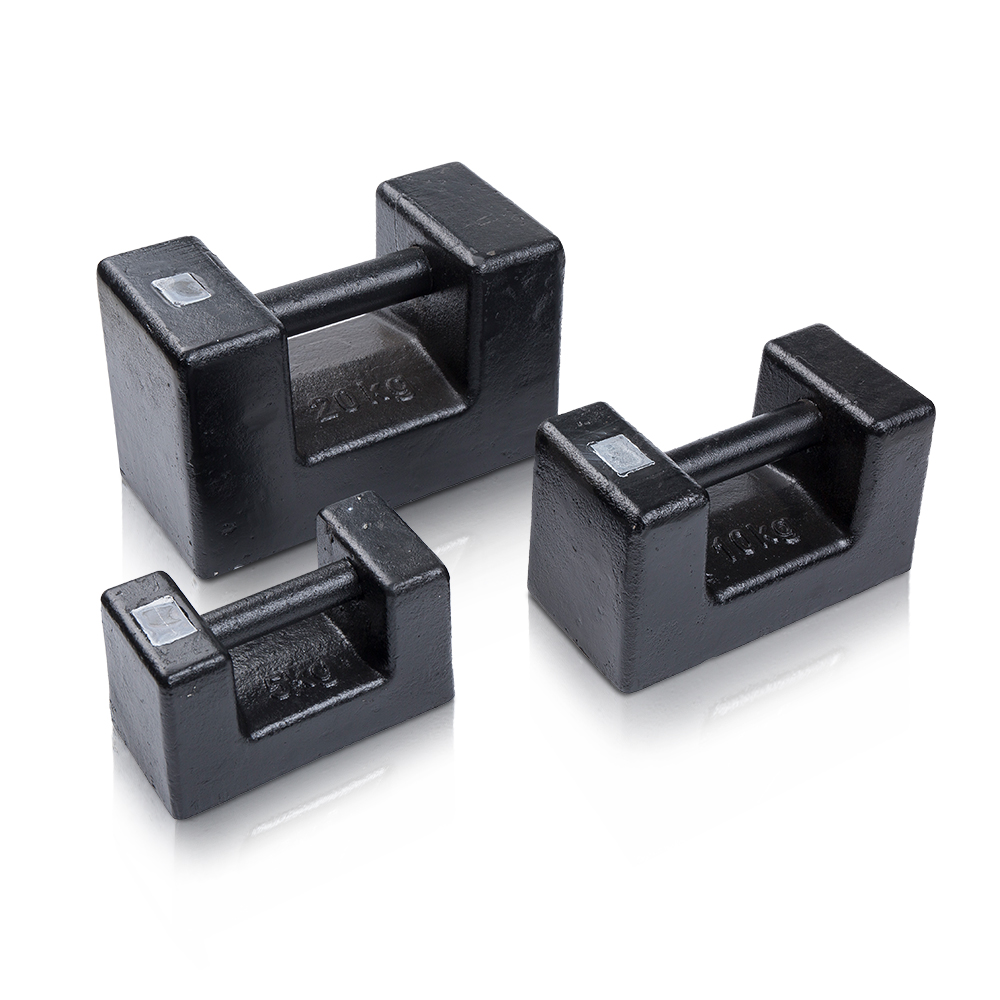Several factors influence the cost and pricing of industrial test weights:
Material Type:Composition: Weights made from high-quality materials like stainless steel or brass typically cost more due to durability and corrosion resistance.Weight Class:Weight Size: Larger and heavier weights generally have a higher cost due to the amount of material required and the complexity of production.
Manufacturing Process:Production Techniques: Precision manufacturing processes, such as CNC machining or casting, can increase costs due to the equipment and labor involved.Calibration and Certification:Accuracy Standards: Weights that meet specific calibration standards (e.g., OIML, ASTM) and come with certification are usually more expensive due to the testing and documentation required.
Customization:Tailored Solutions: Custom weights, such as those designed for specific applications or dimensions, can incur additional costs compared to standard models.Quantity Ordered:Bulk Discounts: Larger orders often qualify for bulk pricing, which can lower the per-unit cost.

Supplier Reputation:Brand and Quality: Well-established manufacturers with a reputation for quality may charge a premium for their products.Market Demand:Supply and Demand Dynamics: Fluctuations in demand for industrial test weights can affect pricing, especially in specific industries or regions.
Shipping and Handling:Logistics Costs: The cost of transporting heavy weights can influence the overall price, particularly for international shipments.Regulatory Compliance:Compliance Requirements: Weights that must adhere to strict regulatory standards may have higher production and certification costs.
Design Complexity:Shape and Finish: Weights with intricate designs or special finishes (e.g., polished or coated) may require more labor and resources, increasing their cost.Lead Time:Production Time: Shorter lead times may incur rush fees, while longer lead times might allow for better pricing, especially for custom orders.
Testing Requirements:Verification Procedures: Additional testing beyond standard calibration, such as environmental testing or long-term durability assessments, can increase costs.Market Trends:Economic Factors: Changes in the economy, such as inflation or shifts in the manufacturing sector, can impact material costs and overall pricing strategies.
By understanding these factors, you can better assess the pricing of industrial test weights and make informed purchasing decisions.

 English
English















